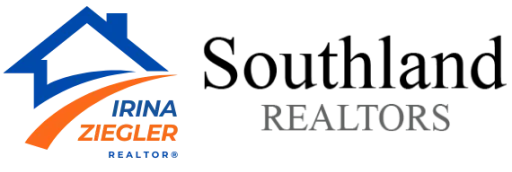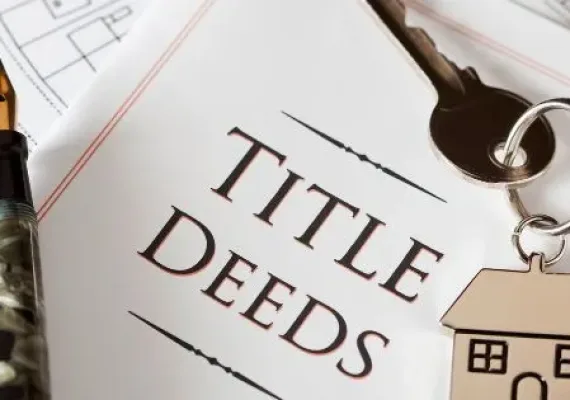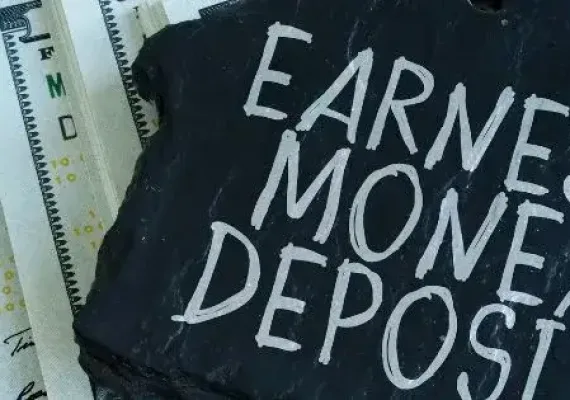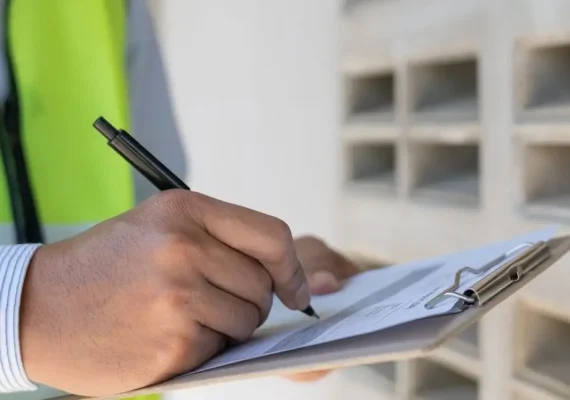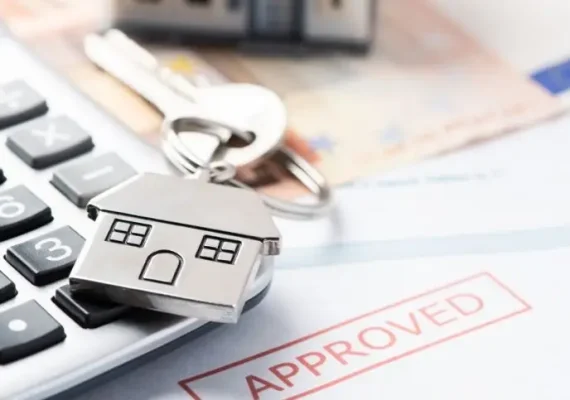Buying a home is exciting, but it can also be nerve-wracking. You want to make sure you’re getting a good deal and not walking into a money pit. That’s where a thorough home inspection comes in. It’s your chance to uncover any hidden issues before you sign on the dotted line. But what should you be looking for? Let’s walk through a comprehensive home inspection checklist to ensure you don’t overlook anything important.

Exterior Inspection
Foundation and Structure
- Look for cracks or shifts in the foundation
- Check for signs of water damage or pooling around the foundation
- Inspect the overall structural integrity of the house
Roof and Gutters
- Examine the condition of shingles or tiles
- Check for proper drainage and gutter functionality
- Look for signs of leaks or water damage in the attic
Siding and Trim
- Inspect for damage, rot, or pest infestation
- Check the condition of paint or other exterior finishes
- Look for gaps or areas where water could penetrate
The exterior of a home is its first line of defense against the elements. Don’t underestimate its importance in your inspection.
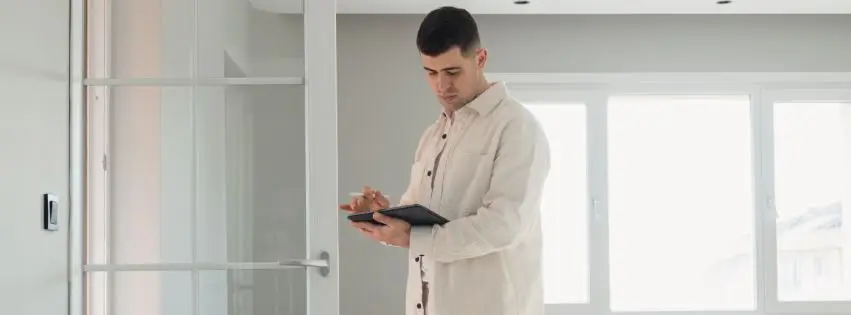
Interior Inspection
Plumbing
- Check water pressure and drainage in all sinks and tubs
- Look for signs of leaks under sinks and around toilets
- Inspect the water heater for age and proper functioning
Electrical System
- Test all outlets and switches
- Check the condition of the main electrical panel
- Look for any outdated wiring or hazardous setups
HVAC System
- Test both heating and cooling systems
- Check for proper ventilation throughout the house
- Inspect ductwork for damage or poor insulation
Windows and Doors
- Test all windows and doors for proper operation
- Look for drafts or signs of water infiltration
- Check the condition of weather stripping and seals
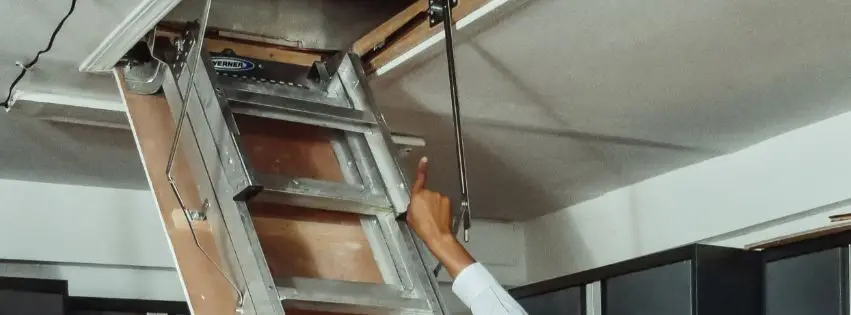
Basement and Attic
Basement
- Look for signs of water intrusion or dampness
- Check for proper insulation and ventilation
- Inspect support beams and floor joists for damage
Attic
- Check for adequate insulation
- Look for signs of roof leaks or water damage
- Inspect for proper ventilation to prevent mold growth
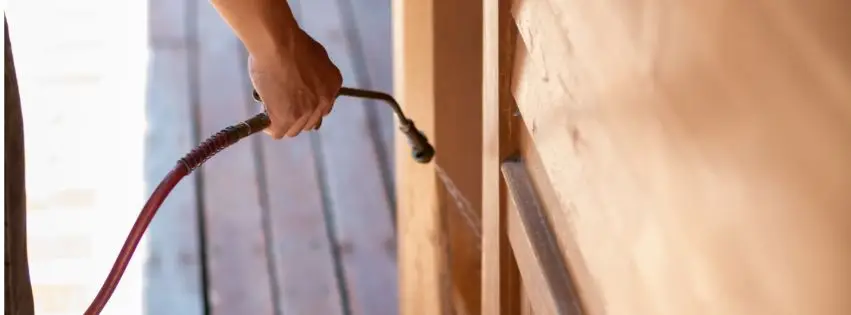
Special Considerations
Pest Inspection
- Look for signs of termites, carpenter ants, or other wood-destroying insects
- Check for evidence of rodents or other pests
Radon Testing
- Consider having a radon test performed, especially in areas known for high radon levels
Mold Inspection
- Look for visible signs of mold growth, especially in damp areas
- Consider professional mold testing if you suspect a problem

Documentation and Follow-Up
Inspection Report
- Ensure you receive a detailed written report of all findings
- Review the report carefully and ask questions about anything you don’t understand
Repair Estimates
- Get estimates for any necessary repairs uncovered during the inspection
- Use this information in your negotiations with the seller
How Long Does a Home Inspection Take?
On average, a thorough home inspection takes about 2-3 hours. However, this can vary depending on the size and age of the property. It’s best to set aside a half-day for the process, so you’re not rushed.
Choosing the Right Home Inspector
Selecting a qualified inspector is crucial. Look for someone who:
- Is licensed and certified (if required in your state)
- Has experience in the field
- Provides a detailed written report
- Allows you to attend the inspection
- Has good reviews and references
Don’t be afraid to ask questions about their experience and process before hiring them.
Conclusion
A thorough home inspection is crucial when buying a house. It can save you from costly surprises down the road and give you peace of mind about your investment. Remember, no house is perfect, but knowing what you’re getting into allows you to make an informed decision.
Remember, every home-buying journey is unique, so don’t hesitate to seek advice from professionals along the way. Your real estate agent will guide you though the process. With careful planning and preparation, you’ll soon be turning the key to your new home.
Don’t rush through the inspection process. Take your time, ask questions, and if possible, attend the inspection in person. Your future self will thank you for being diligent now.
A home inspection is like a physical exam for your house. It’s better to know about potential issues now than to be surprised later.
By following this comprehensive checklist, you’ll be well-equipped to evaluate any property thoroughly.
Happy house hunting!
For more house buying and selling tips, consider exploring Real Estate News & Tips or subscribing to our newsletter.
FAQs
Can I do a home inspection myself?
While you can perform a basic inspection yourself, a professional inspector has the training and tools to identify issues you might miss. It’s always best to hire a professional for a thorough evaluation.
How often should I have my home inspected?
Even if you’re not buying or selling, it’s a good idea to have your home inspected every 3-5 years to catch any developing issues early.
What if the inspection reveals major problems?
If significant issues are found, you can negotiate repairs with the seller, ask for a price reduction, or even back out of the deal if your contract has an inspection contingency.
Do new homes need inspections?
Yes! Even newly constructed homes can have defects or oversights. An inspection can help ensure everything is built to code and functioning properly.
Can a home "fail" an inspection?
Technically, a home doesn’t pass or fail an inspection. The inspector simply reports on the condition of the home, leaving it up to you to decide how to proceed based on the findings.
